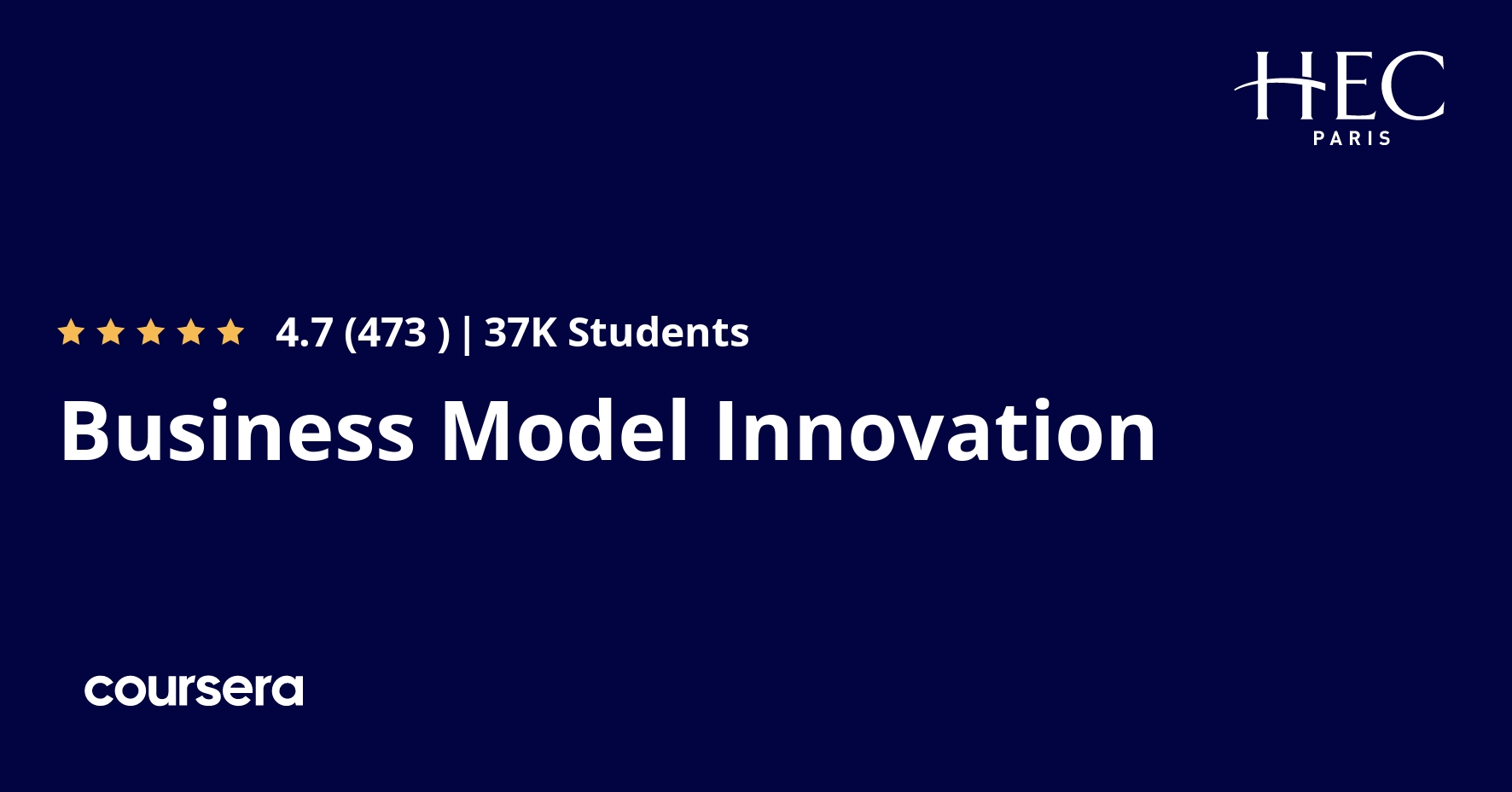Description
Innovation goes beyond technology, products and processes. The new competitive landscape requires another, more holistic and strategic perspective, based on the concept of business models.
This course gives you access to the Odyssey 3.14 approach, a pioneering framework that will help you invent or reinvent business models.
This highly innovative approach has been developed by Laurence Lehmann-Ortega and Hélène Musikas and has proven to be a very valuable methodology for start-up entrepreneurs, business unit managers and intrapreneurs alike. It offers a practical and highly effective framework and toolbox to create, invent or reinvent business models in a very disciplined way.
The approach starts with a deep dive into the 3 pillars of the business model:
– The value proposition (who are our customers and what are we offering them?)
– The value architecture (how are we organized in order to deliver this value proposition to our customers in due time)
– The profit equation (how the alignment between the first 2 pillars generates a profit)
14 directions are then explored in order to invent or reinvent a business model. Examples of the directions include “reducing clients overall costs”, “modifying the revenue stream”, “introducing a third party”, “eliminating a step in the value chain”, and “exploring new resources”. Illustrated by numerous examples, both iconic (Ikea, Tetra Pack, Grameen Bank…) and more recent (Airbnb, Zopa, Drive Now…), these directions stimulate your creativity to rigorously explore all possible innovation paths. Innovation becomes an adventure, an odyssey… hence the name of the approach!
Odyssey 3.14 is the result of over 15 years of research, consulting and teaching. Over 150 companies that have successfully invented or reinvented their business model have been thoroughly analyzed and will inspire you to develop your own new, innovative business model.
This course is a part of the MSIE program at HEC. If you liked it, do not hesitate to consult the other courses of the program.
What you will learn
MODULE 1: INTRODUCTION TO BUSINESS MODEL INNOVATION
Welcome to the business model innovation journey! The aim of this introductory module is to familiarize you with innovation and business models and how they relate to the strategy of your company. We will focus on different business models and business model frameworks. This module will also give you an overview of the course and of your assignments.
MODULE 2: THE 3 COMPONENTS OF A BUSINESS MODEL
In this module, we will dive deeper into the Odyssey 3.14 approach and framework, by exploring in detail the 3 components of the business model. 1) The value proposition, which defines your offer and how it is perceived by customers 2) The value architecture, which defines the way your company is organized to deliver your offer 3) The profit equation, which enables you to measure the efficiency of your business model and the relation between the value proposition and value architecture. Thinking deeply about these 3 components and seeing them through new lenses will help you find innovative solutions to create a more effective business model.
MODULE 3: 7 DIRECTIONS FOR THE VALUE PROPOSITION
This module explores the 7 directions on the value proposition side of the business model. These are the first 7 directions in the Odyssey 3.14 framework. They include: 1) Modifying the revenue stream, that is, how charging a customer can radically change the value proposition, 2) Looking at non-customers, since this group offers many growth opportunities 3) Introducing a third party, which explains the power of platform business models. Each direction will be illustrated by real life examples.
MODULE 4: 7 DIRECTIONS FOR THE VALUE ARCHITECTURE
This module explores the 7 directions on the value architecture side of the business model. These are the last 7 directions in the Odyssey 3.14 framework. They include: 1) Eliminating or adding a step in the value chain, that can for example lead to a circular economy, 2) Finding new resources in the crowd, which explains how to leverage the billion individuals connected to the internet, 3) Leveraging resources and competencies, which demonstrates how an alternative way of looking at existing resources and competencies can radically modify the business model. Each direction will be illustrated by real life examples.



